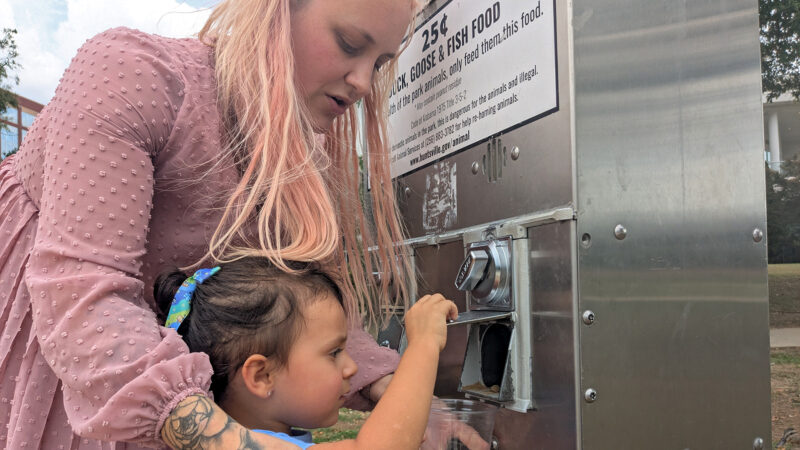Report: Alabama Community Corrections Harms Low-Income Participants
A recent report from the Southern Poverty Law Center says Alabama’s community corrections program unfairly burdens low-income people and threatens public safety. Community corrections, operating in 51 of Alabama’s 67 counties, is overseen by the state Department of Corrections, but run locally. It’s designed to be an alternative to prison.
The report’s main criticism is that community corrections relies on fees as a primary revenue source. These include fees for drug testing, supervision or electronic monitoring.
“This finding is very troubling because essentially it puts these programs in a very compromised role,” SPLC attorney Ivy Wang says. “They’re trying to supervise people and make sure that they succeed but also looking at these same people as sources of revenue. And we see that as inherently a conflict of interest.”
The Department of Corrections does not have uniform guidelines on fees, so the cost to participants varies widely from county to county.
The report also likens work release to indentured servitude. Wang says work release participants are usually living in a facility where they are monitored and can’t leave, as opposed to their homes. Often, a significant part of their pay goes to the program.
“Also they’re working under the threat of incarceration if they’re seen as not complying. So these just create conditions that are ripe for exploitation,” Wang says.
Wang argues fees put public safety at risk. She says survey data shows some people commit crimes, such as steal or sell drugs, to have money to pay fees ordered by the judicial system. She adds the program is intended to help prepare people to find work and support themselves after their sentences are through. But the current system hampers that. “You’re putting people under pressure to pay. They might be taking money away from necessities that they would otherwise have spent it on,” Wang says.
She says even though community corrections is legally authorized to supervise those convicted of a crime, many places use it to oversee those who have not yet been convicted. “[This] completely upends the presumption of innocence,” Wang says.
Wang says while they agree with the aim of community corrections as an alternative to prison time, it needs more support.
“The major solution we think is to fully fund these programs, which we think is something that the legislature seriously needs to look at,” says Wang.
The Southern Poverty Law Center is a program sponsor of WBHM, but the news and business departments operate independently.
Photo by Michael Coghlan
Space Command is coming to Huntsville. What might that mean for first-time homebuyers
While Huntsville has been a more affordable market than other growing cities, what’s it been like for those looking for their first home?
Colorado says relocation of Space Command to Alabama is ‘punishment’ for mail-in voting
The litigation announced by Colorado Attorney General Phil Weiser asks a federal judge to block the move as unconstitutional.
Breaking down Alabama’s CHOOSE Act
It’s been a year since Alabama legislators passed the CHOOSE Act allowing families to apply for state funds to use towards homeschool expenses and tuition for participating private schools. The Alabama Daily News’ education reporter Trisha Powell Crain has been diving into how the funds are being used. WBHM’s Andrew Gelderman sat down with her to talk about what we’re seeing so far.
Huntsville is growing fast. Here’s how it’s stayed affordable
Home prices are rising in Huntsville, but so far, the city’s avoided the skyrocketing costs in other boom towns.
What are your unique holiday traditions? NPR wants to know
The holiday season is full of traditions and we all celebrate them a bit differently. NPR wants to your most unique holiday traditions. What makes celebrating this time of year feel special for you?
What are your unique holiday traditions? NPR wants to know
The holiday season is full of traditions and we all celebrate them a bit differently. NPR wants to your most unique holiday traditions. What makes celebrating this time of year feel special for you?








